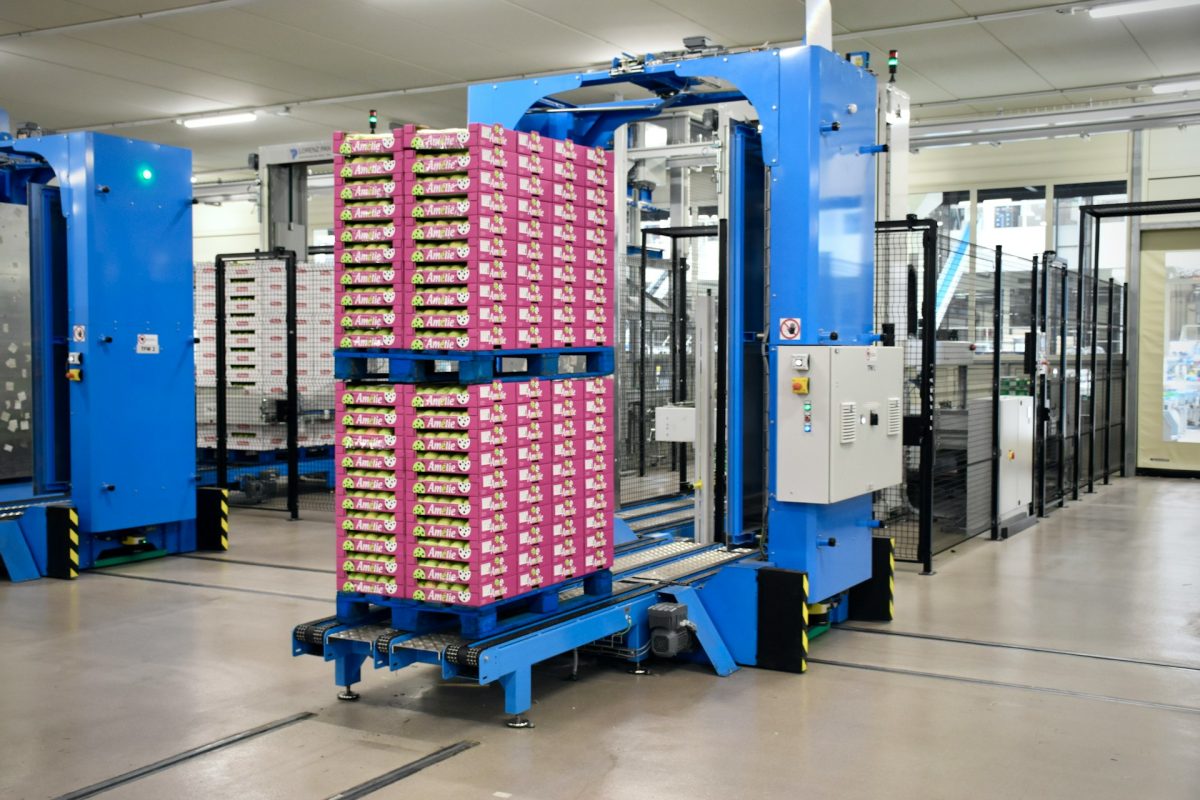Nonprofit organizations play a crucial role in addressing social, environmental, and humanitarian issues, relying heavily on the generosity of donors to fund their mission-driven initiatives. While securing one-time donations is important, fostering long-term, meaningful relationships with donors is the key to ensuring sustained support and growth. In this blog post, we will explore the significance of donor relationships, the steps to build strong connections, and why relationship-building is essential for successful fundraising.
Why Are Donor Relationships Important?
Donor relationships are the lifeblood of nonprofit organizations. Establishing and nurturing strong connections with donors offer several benefits that contribute to the long-term sustainability of a nonprofit:
- Sustained Support: Building trust and rapport with donors often results in repeated and increased contributions over time. Donors who feel appreciated and engaged are more likely to continue supporting an organization’s cause.
- Advocacy and Word-of-Mouth: Happy donors can become powerful advocates for the nonprofit’s mission. They may share their positive experiences with others, attracting new potential donors and supporters.
- Flexibility During Difficult Times: When faced with financial challenges or unexpected hurdles, nonprofits with strong donor relationships are more likely to receive understanding and support during tough times.
- Collaboration and Partnerships: Donors who are emotionally invested in an organization’s mission may be more inclined to collaborate on special projects or initiatives, bringing additional resources and expertise to the table.
- Feedback and Improvement: Open communication with donors provides valuable feedback that can help nonprofits refine their strategies and better align their efforts with the expectations and desires of their supporters.
Why Is Relationship-Building Important in Fundraising?
Fundraising is not just about monetary transactions; it is about building a community of individuals who share a common purpose. Relationship-building is the foundation of successful fundraising for several reasons:
- Emotional Connection: People are more likely to contribute to a cause they care about deeply. By establishing meaningful relationships, nonprofits tap into the emotional aspect of giving, making donors feel like valued partners in creating positive change.
- Donor-Centric Approach: Building relationships allows nonprofits to understand donors’ motivations, preferences, and concerns. This insight helps tailor fundraising strategies and communication to be more donor-centric, which increases the likelihood of receiving support.
- Long-Term Vision: While one-time donations are valuable, the sustainability of a nonprofit depends on recurring support. Fostering strong relationships can turn one-time donors into loyal, long-term supporters.
- Stewardship and Acknowledgment: Donors appreciate being acknowledged and recognized for their contributions. Cultivating relationships allows nonprofits to express gratitude and demonstrate the impact of donors’ generosity.
- Retention and Donor Loyalty: Donor retention is as crucial as donor acquisition. Investing time and effort into relationships increases donor loyalty and reduces the need to constantly seek new donors.
How Do You Build a Good Relationship with Donors?
Building a good relationship with donors requires a thoughtful and strategic approach. Here are some key steps to follow:
- Authentic Communication: Communicate genuinely and transparently with donors. Share stories of impact, challenges, and successes to make them feel emotionally connected to the cause.
- Personalization: Address donors by their names and tailor communications to their interests whenever possible. Avoid generic, mass emails that might make them feel like just another name on a mailing list.
- Active Listening: Actively listen to donors’ concerns, feedback, and ideas. Engage in two-way conversations to understand their expectations and values.
- Express Gratitude: Always thank donors promptly and genuinely for their contributions. Consider personalized thank-you notes or small tokens of appreciation to express your gratitude.
- Regular Updates: Keep donors informed about the organization’s progress and impact. Regularly share updates, reports, and success stories to demonstrate the value of their support.
- Events and Engagement: Organize events or activities that allow donors to interact with the organization and other supporters. These gatherings provide opportunities for deeper engagement and relationship-building.
- Recognition and Inclusion: Recognize donors publicly for their contributions, with their consent. Highlight their impact and involvement in the organization’s efforts to make them feel valued and included.
FAQs
Q1: How do you build a good relationship with donors?
Building a good relationship with donors involves authentic communication, personalization, active listening, expressing gratitude, providing regular updates, engaging them through events, and recognizing their contributions.
Q2: Why are donor relationships important?
Donor relationships are crucial for sustained support, word-of-mouth advocacy, flexibility during tough times, potential collaborations, feedback for improvement, and overall long-term sustainability of nonprofit organizations.
Q3: Why is relationship-building important in fundraising?
Relationship-building is essential in fundraising because it creates an emotional connection, allows a donor-centric approach, fosters a long-term vision, facilitates stewardship and acknowledgment, and enhances donor retention and loyalty.
Conclusion
Cultivating strong nonprofit-donor relationships is the bedrock of long-term sustainability for organizations working towards meaningful causes. By prioritizing authentic communication, personalization, gratitude, and engagement, nonprofits can build a community of loyal supporters who share a common passion for making the world a better place. Investing in relationships is an investment in the future, ensuring that nonprofits can continue to create a positive impact on the lives of those they serve.







